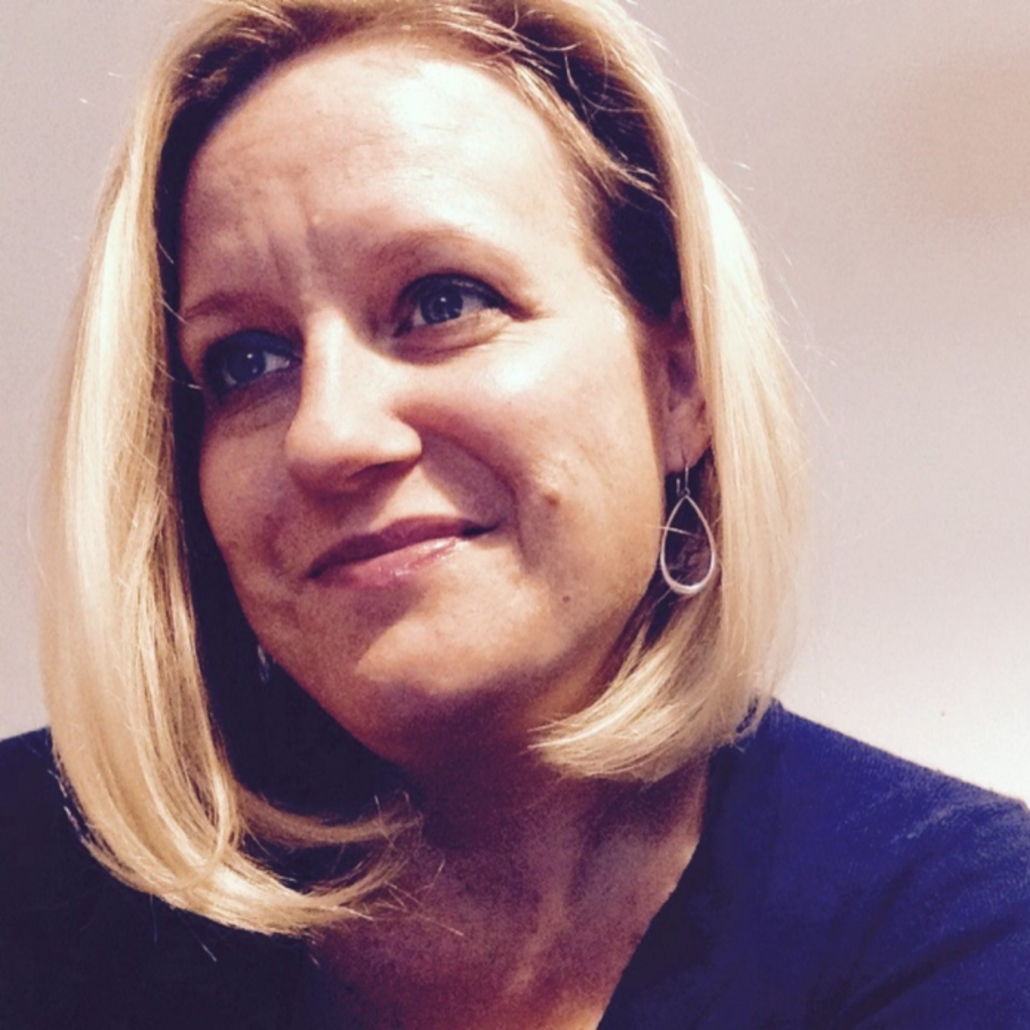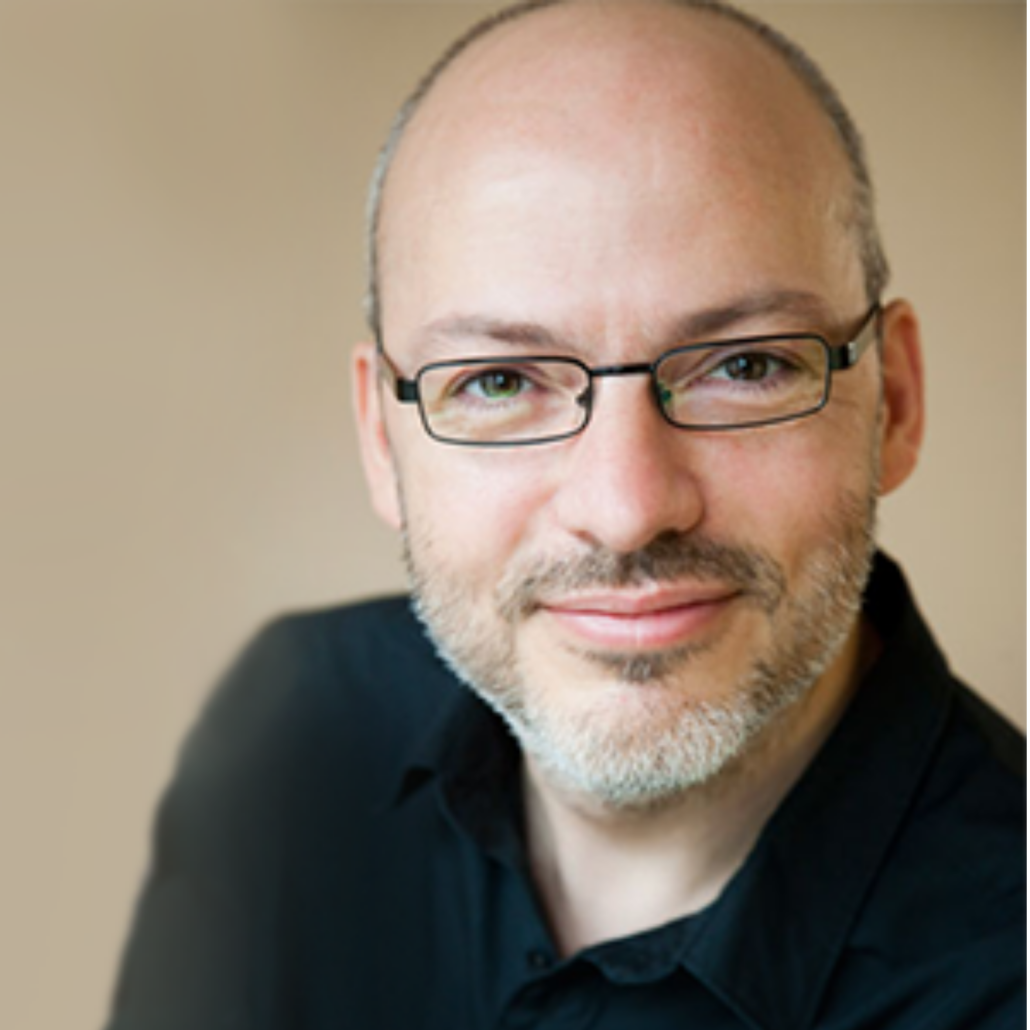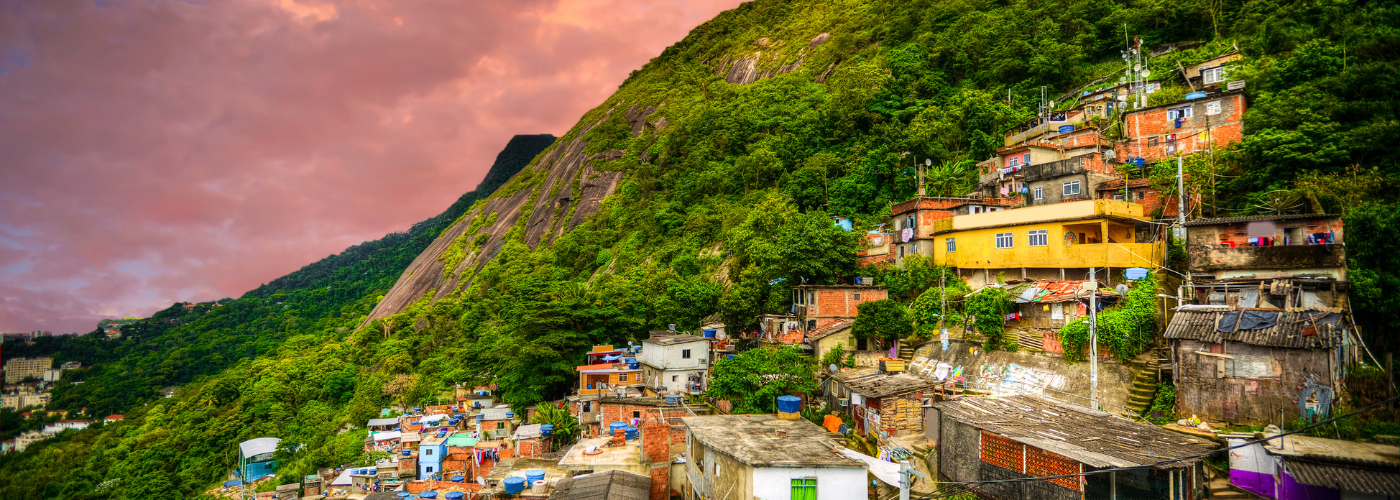Science-based policy making for 100% Renewable Energy
We are teaming up with partners from around the world to develop national roadmaps for 100% renewable energy.
Creating personal responsibility
As a driver for sustainable development, poverty reduction and climate protection, it is clear that 100% renewable energy must become a reality before 2050. By involving key decision-makers from different sectors in the energy transition process, we create responsibility for the much-needed transition to 100% renewable energy.
National Strategies
Together with local partners, we develop national strategies based on the latest energy models to make 100% renewable energy goal a reality. We identify necessary legislation and policy reforms and strengthen synergies through discussions with stakeholders from different sectors.
Calling for action
100% RE Roadmaps bring people closer to the social and economic opportunities of renewable energy. Submitting estimates of employment growth, investment needs and CO2 emission reduction potential promotes ambitious climate protection measures and promotes strategies for sustainable development.
Current projects
Multi-Actor Partnerships (MAPs) for 100% renewable energy in the Global South
The 100RE-MAP project connects people to the social and economic opportunities of renewable energy to drive ambitious climate action and promote sustainable development strategies. The 100RE-MAP project is facilitating much-needed change to advance renewable energy and ensure that economic and social development meets the Paris Agreement’s 1.5°C climate target. The project will be implemented simultaneously in Nepal, Uganda and Vietnam.
100% Renewable Energy for Costa Rica
Costa Rica is a pioneer in renewable energy. As of 2014, approximately 95-98% of the country’s electricity comes from renewable sources, while almost the entire population has access to energy. However, despite nearly 100 percent renewable electricity generation, around 70 percent of the country’s total energy still comes from oil and gas. These are still used extensively for transportation, industrial heating processes, and activities such as cooking.
100% Renewable Energy for Bangladesh
Bangladesh is among the five fastest growing economies in the world. However, the country’s economic expansion is increasing energy requirements and putting a strain on the existing energy infrastructure. In recent decades, it has been a constant struggle to ensure access to energy reliably and at an affordable price for everyone. Over five million Solar Home Systems (SHS) have been sold in areas where electrification and grid expansion are particularly challenging. A decentralised renewable energy system offers Bangladesh an enormous opportunity to accelerate economic development while sustainably improving access to energy and the livelihoods and health of millions of people.
Publications & Downloads
Report: 100% Renewable Energy in Costa Rica: Summary for Policy Makers
This report summarises the results of the 100% RE modelling for Costa Rica, places them in a policy context and provides policy recommendations.
Report: Reaching 100% Renewable Energy for All – Lessons learned from developing renewable energy roadmaps in the Global South
This report summarises the lessons learned from the science-based development of 100% renewable energy roadmaps. These aim to achieve universal access to renewable energy for all by 2050.
Policy Brief: Climate Finance – Use of Climate Finance for the Global South
Countries of the Global South that want to increase their share of renewable energies in the energy sector must create favourable framework conditions for investments.
Partners & Initiatives
Climate Action Network (CAN)
We are part of the Climate Action Network (CAN) Europe, which is the leading European NGO coalition fighting climate change.
The German Federal Foundation for the Environment
The German Federal Foundation for the Environment (DBU) promotes innovative, exemplary and solution-oriented projects to protect the environment, with special consideration for medium-sized businesses, in line with the foundation’s mandate and mission statement.
Mercator Foundation
The Mercator Foundation is a European foundation. It promotes understanding between people of different cultures, stands up for a united Europe and helps establish the social prerequisites for peaceful coexistence.
Brot für die Welt
Brot für die Welt (Bread for the World) is a global development agency run by the Protestant churches in Germany and is active in almost 90 countries around the world. Together with local partners, the organisation helps poor and marginalised people to improve their living conditions through their own efforts.
News
Other areas
YOU CAN FIND OUR POLICY RECOMMENDATIONS AT
Contact

Lena Dente
Senior Programme Manager
T: +49 (0) 40 3070914-0
M: lena.dente@worldfuturecouncil.org

Sälma El-Gamal
Project Manager Global Renewables Congress
T: +49 (0) 40 3070914-0
M: Saelma.el-gamal@worldfuturecouncil.org

Matthias Kroll
Chief Economist – Future Finance
T: +49 (0) 40 3070914-0
M: matthias.kroll@worldfuturecouncil.org













